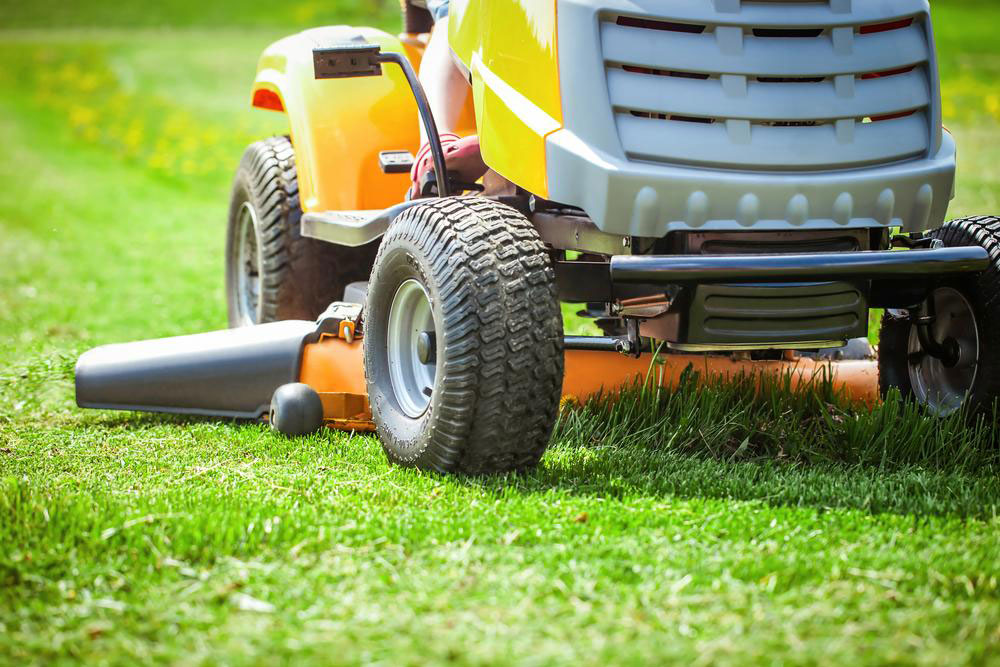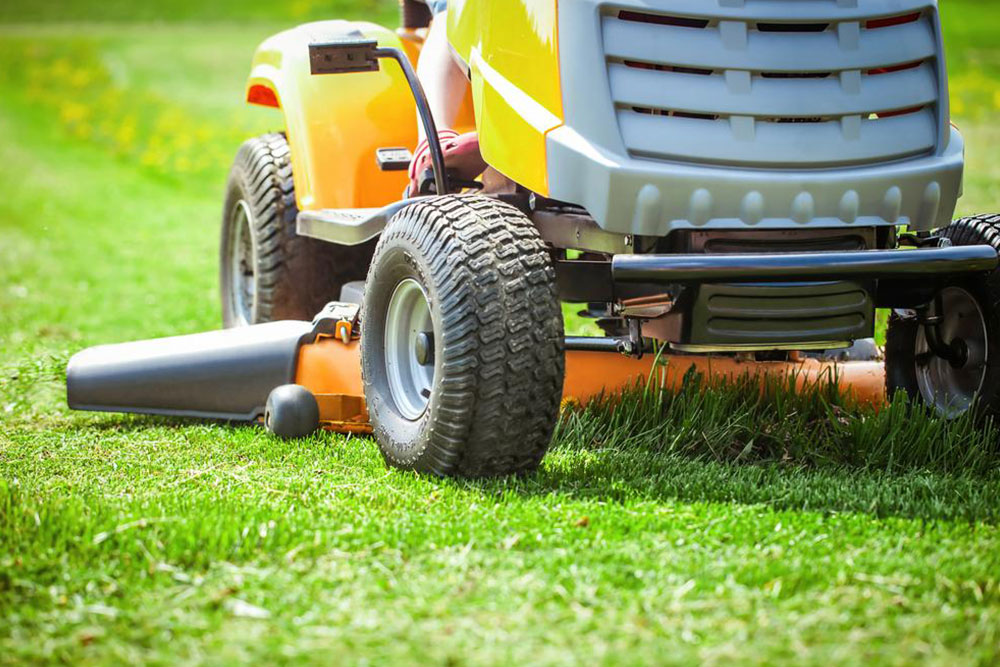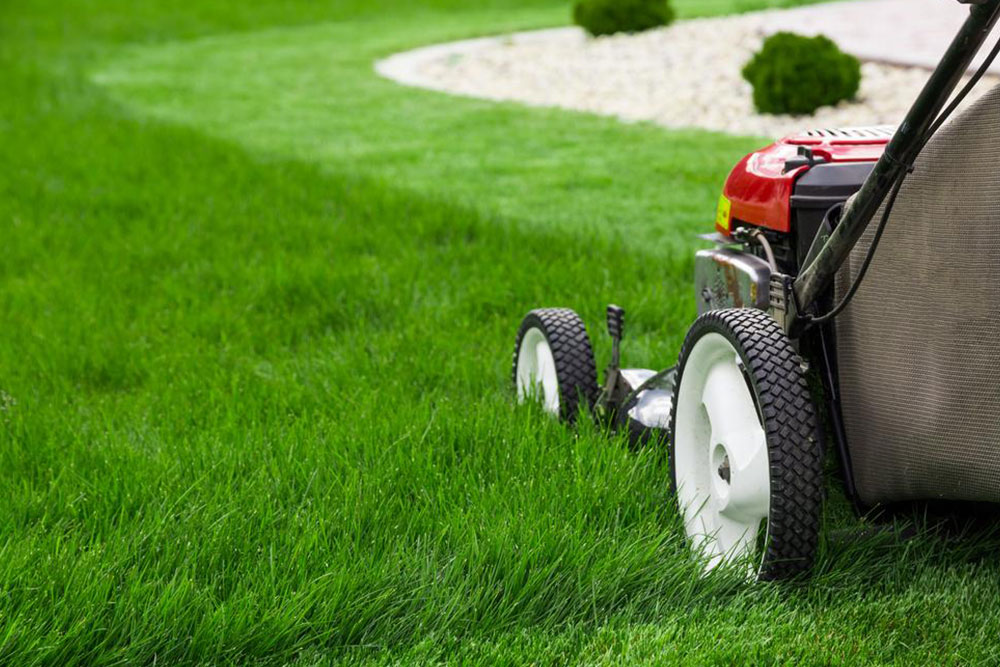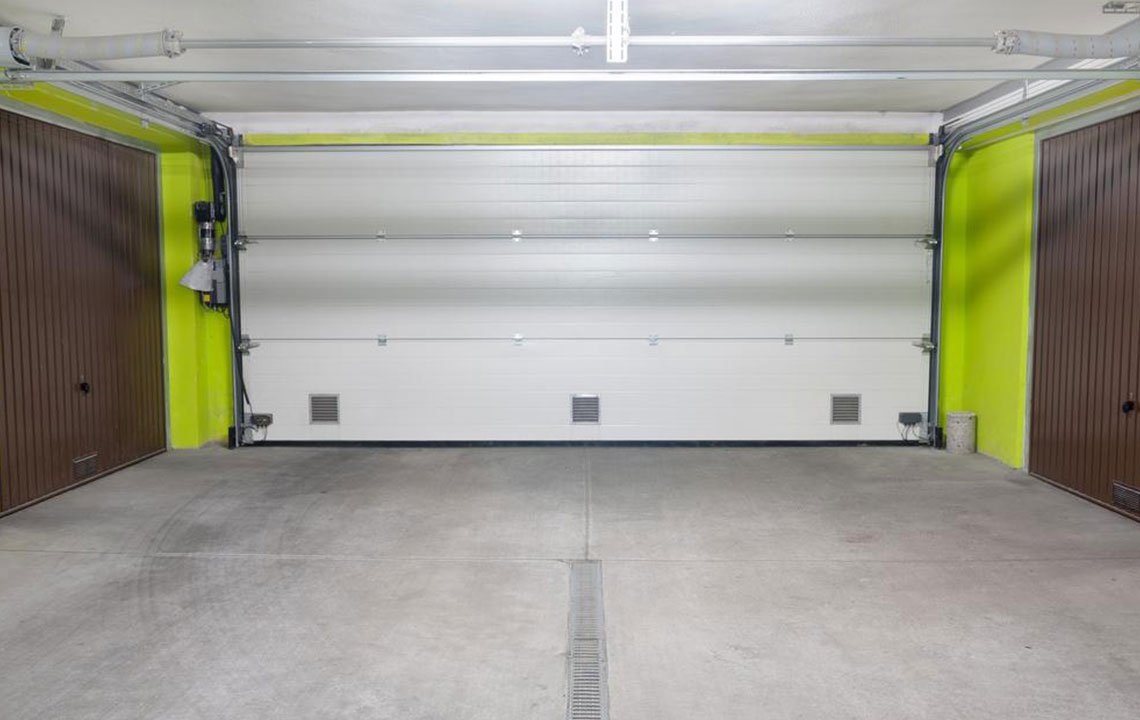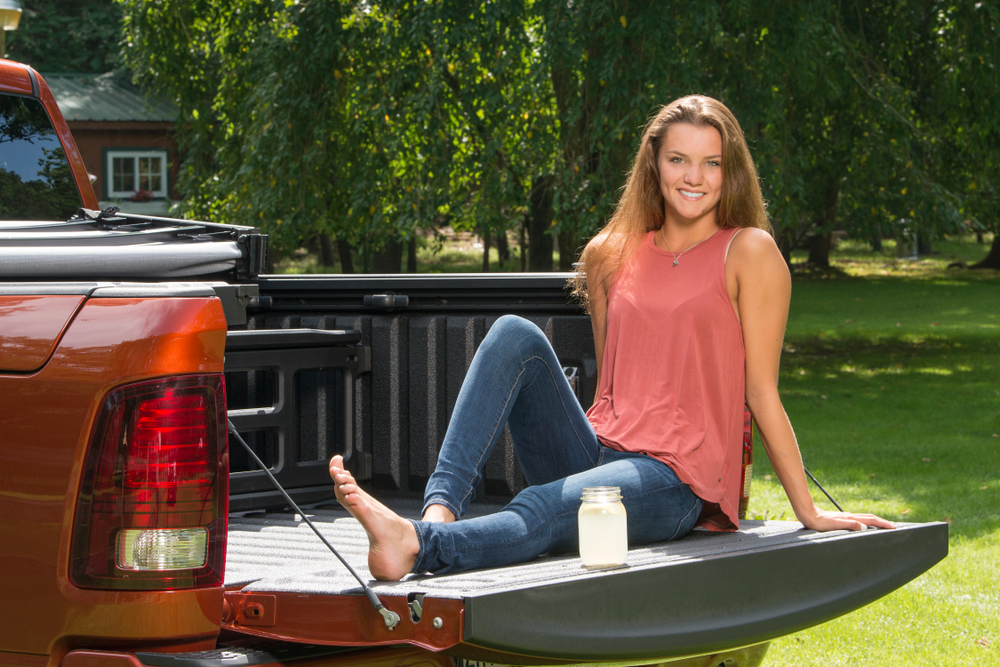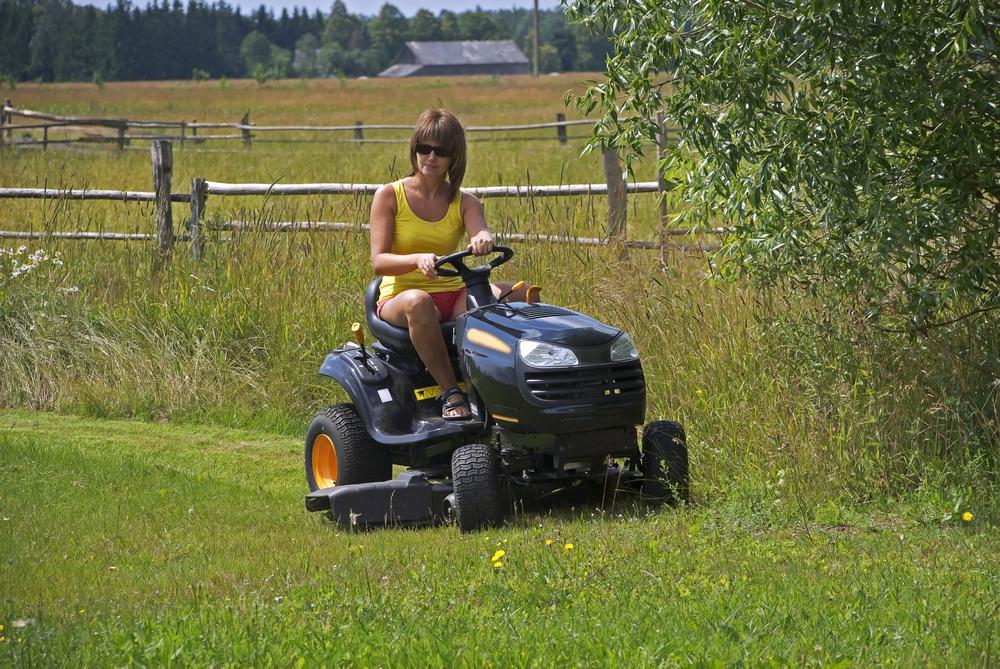Maximize Efficiency and Safety with Your Garden Shredder: Seven Essential Tips
Enhance your gardening routine by following expert tips for safe and efficient use of garden shredders. Proper maintenance, waste organization, safety gear, and avoiding overloads ensure optimal performance. These practices help produce high-quality mulch and compost while keeping you protected from potential hazards. Simple precautions and proper handling lead to a more effective, safe, and environmentally friendly gardening experience.
Sponsored
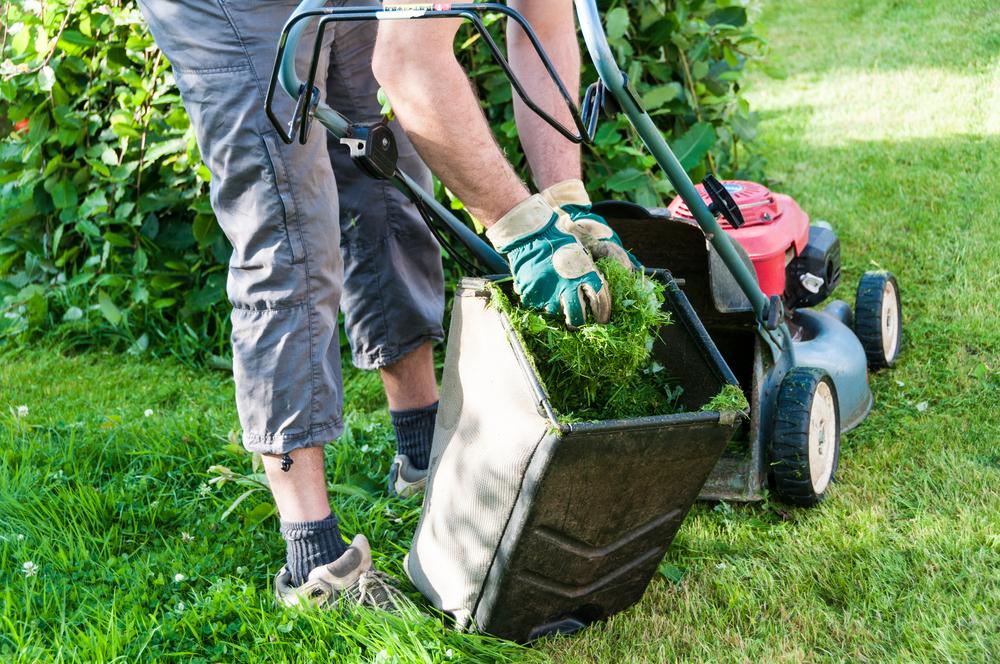
Using a garden shredder to process hedge clippings, fallen leaves, and grass waste is an eco-friendly way to reduce disposal costs and create valuable mulch and compost. Available in various types such as high torque rollers, discs, and drums, choosing the right shredder and using it properly is crucial. To get the best results, follow these key tips: keep blades sharp and well-maintained, separate waste types, avoid overloads, wear appropriate safety gear, and handle debris carefully. Proper use ensures effective shredding and a safer gardening experience.
Maintain your blades: Ensuring blades are sharp and cleaned after use extends their lifespan and improves performance. Use soft waste first and avoid mixing sappy and dry materials to prevent clogging. Keep stones away to avoid damaging blades and make sure branches are within the cut size limits.
Disassemble and inspect blades regularly for sharpness and damage.
Clean blades immediately after use to prevent rust and buildup.
Organize your waste: Sorting materials into separate piles simplifies later use. Leaves can become compost, soft green waste can serve as mulch, and woody debris can enhance pathways or act as mulch.
Avoid overloading: Do not fill the shredder beyond its capacity, which can cause jams or overheating. Use a sturdy stick to push softer waste and listen for sounds indicating strain — slowing down may mean it's time to reduce load. Always feed branches with stouter ends first for smoother operation.
Wear safety gear: Wear fitted, protective clothing—avoid loose garments or accessories that could get caught. Use gloves to prevent cuts from rough debris and scratches, and do not put hands near the outlet or feed chute.
Protect your senses: Always wear safety goggles to shield your eyes from flying debris, and use ear protection if the shredder is noisy. Wearing a dust mask is advised to prevent inhalation of dust and pollen, especially for allergy sufferers. Consider taking allergy medication and rinsing nasal passages if needed.

